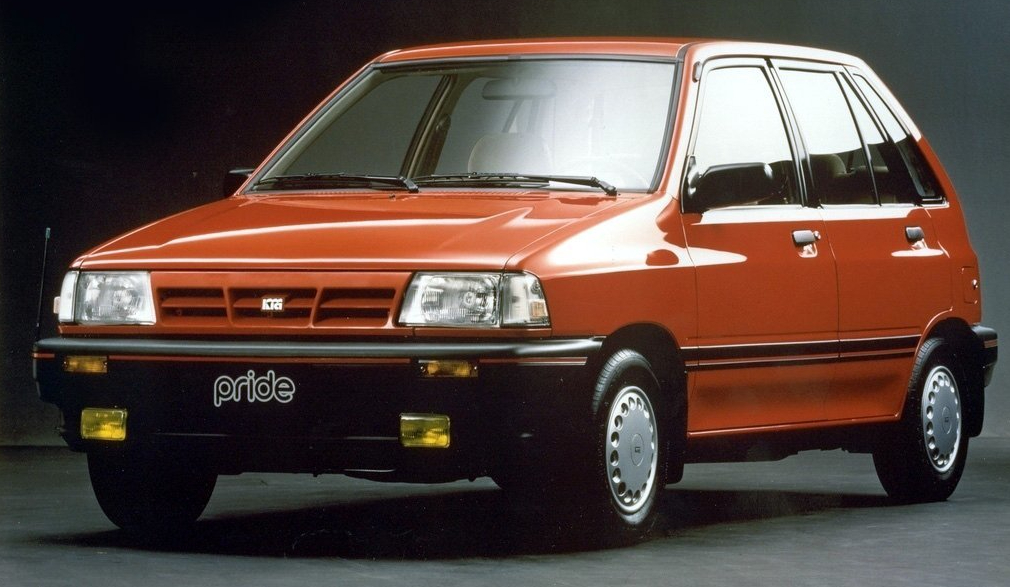The History of Kia in South Africa
Kia Motors, a brand synonymous with affordability and innovation, has carved a significant niche in the South African automotive market since its entry in the late 1990s. Originating in South Korea in 1944, Kia initially produced bicycles and later expanded to motor vehicles. The company's journey in South Africa reflects its global expansion strategy and the ability to adapt to local consumer needs and preferences.
Entry into the South African Market
Kia officially entered the South African market in 1998, a time when the country was experiencing significant economic transformation and a growing demand for vehicles. The company positioned itself as a manufacturer of affordable cars that offered value for money. The introduction of models like the Kia Picanto and the Kia Rio resonated with budget-conscious consumers, providing reliable transportation options without compromising on style and comfort.
Kia's strategy involved establishing a network of dealerships across the country, ensuring accessibility for customers and providing necessary support and service. This approach laid the foundation for building brand loyalty and trust among South African consumers.
Early Growth and Popularity
The early 2000s marked a period of growth for Kia in South Africa. The brand began to gain recognition for its commitment to quality and design. The launch of the Kia Sportage in 2005 was a turning point; it tapped into the burgeoning SUV market and appealed to families seeking versatile vehicles. The Sportage's combination of practicality, spaciousness, and modern features made it a popular choice, significantly boosting Kia's market presence.
In 2006, Kia made headlines with a landmark decision to offer a 5-year warranty on its vehicles, a move that demonstrated the company's confidence in its products and commitment to customer satisfaction. This warranty became a significant selling point, enhancing Kia’s appeal in a competitive market.
The 2010s: Expansion and Innovation
As the 2010s unfolded, Kia continued to innovate and expand its lineup. The introduction of the Kia Sorento and the revamped Sportage, featuring advanced technology and improved safety features, showcased the brand's commitment to quality. Kia also began to focus on design, with models like the Kia Soul and Kia Stinger turning heads with their unique aesthetics and performance capabilities.
The establishment of Kia South Africa’s headquarters in 2010 in Pretoria marked a significant milestone. This facility served not only as an administrative hub but also as a logistics center, improving efficiency and ensuring better support for dealerships across the country.
During this time, Kia actively engaged with the South African community through various initiatives, including sponsorships of local sports teams and events. This engagement helped build a positive brand image and fostered a connection with consumers.
Recent Developments: Sustainability and Technology
In recent years, Kia has intensified its focus on sustainability and technological advancements. As global trends shift towards electric vehicles (EVs) and eco-friendly practices, Kia has committed to investing in hybrid and electric technologies. The launch of models like the Kia e-Niro and Kia EV6 reflects this commitment, positioning the brand to compete in the growing EV market.
Moreover, Kia has embraced digital transformation, enhancing customer experiences through online platforms and virtual showrooms. This adaptability has proven crucial in a rapidly evolving automotive landscape, particularly during the COVID-19 pandemic when consumers increasingly turned to online purchasing options.
The Future of Kia in South Africa
Looking ahead, Kia is well-positioned for continued growth in South Africa. The brand’s focus on innovation, sustainability, and customer engagement will play critical roles in its strategy. With a commitment to offering vehicles that cater to a diverse range of consumers—from compact cars to SUVs and electric vehicles—Kia aims to capture a larger market share.
As South Africa continues to evolve, Kia's reputation for quality, affordability, and modern design will resonate with both existing and new customers. The brand's active involvement in community initiatives and its responsiveness to consumer preferences will further strengthen its position in the competitive automotive market.
Conclusion
The history of Kia in South Africa is characterized by strategic growth, innovation, and a commitment to customer satisfaction. From its entry in the late 1990s to its current focus on sustainability and technology, Kia has consistently adapted to meet the needs of South African consumers. As it looks to the future, Kia remains poised to continue its journey of success, embodying the spirit of innovation and reliability that has defined the brand for decades.









